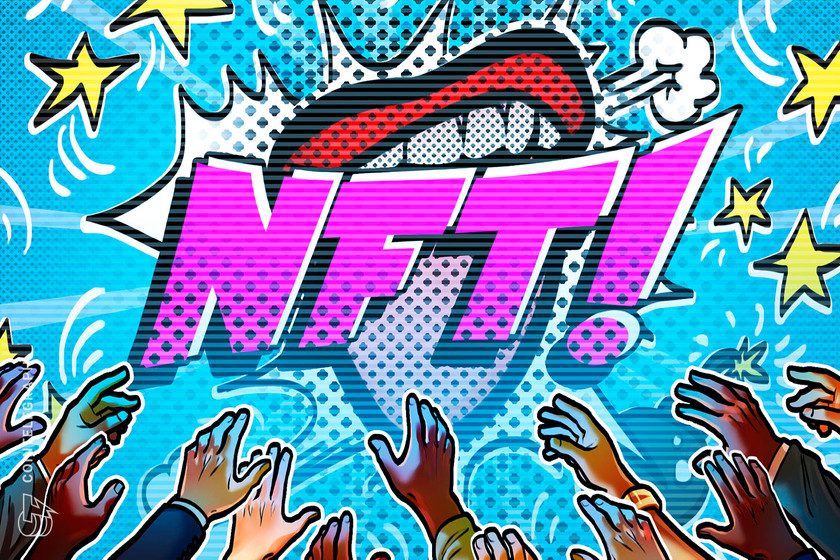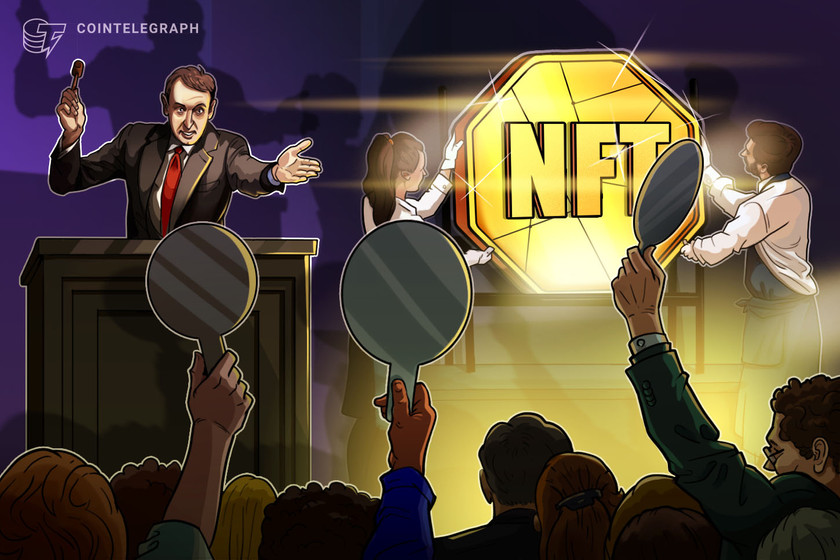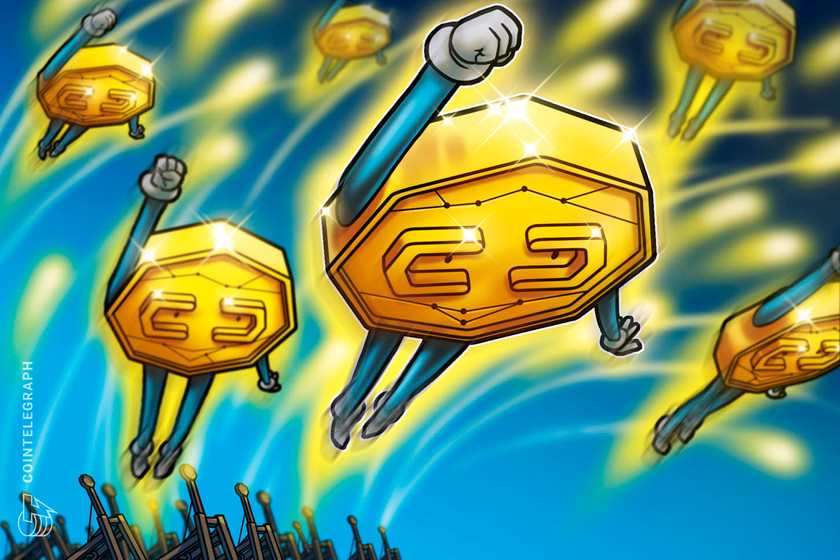SuperRare cuts 30% of staff as growth slows during crypto winter


Despite only being a week into the new year, SuperRare adds to a number of firms announcing staff cuts such as Huobi and Genesis.
Non-fungible token (NFT) marketplace SuperRare has announced a 30% staff-member cut as CEO John Crain explained that the firm mistakenly over-hired during the last bull market.
In a Jan. 7 tweet, Crain shared a screenshot of his message to SuperRare’s Slack channel announcing the 30% cut, stating that he had “some tough news to share.”
“Startups are a balancing act of managing rapid growth while doing everything possible to conserve limited resources. During the recent bull run, we grew in tandem with the market” he noted, adding that:
“In recent months it’s become clear that this aggressive growth was unsustainable: we over-hired, and I take full ownership of this mistake.”
I have some tough news to share: pic.twitter.com/iLDKqgyhQa
— SuperRare John (@SuperRareJohn) January 6, 2023
Crain didn’t outline specifically what sort of redundancy packages the terminated employees will receive, but noted that the firm will “do everything we can to help them transition to new opportunities and support them in future endeavours.”
SuperRare is one of the biggest names in the space, but notably sees significantly less trading volume than competing NFT marketplaces such as OpenSea and Magic Eden.
According to data from DappRadar, SuperRare oversaw $663,000 worth of trading volume over the past 30 days, compared to OpenSea’s 30-day trading volume of $307 million and Magic Eden’s $80.1 million.
This is due in part to SuperRare’s model which is more focused on art, the artist community and single-edition NFT artworks as opposed to the computer-generated avatar model bearing thousands of tokens in a single collection, which is popular on OpenSea and Magic Eden.
Related: Industry seeks solutions for NFT image-hosting disasters
Moving forward, Crain outlined that despite a slowing of growth during the crypto bear market, SuperRare is still focused on pushing on with its initial vision of opening up greater access and exposure to digital artists.
“We are facing headwinds, yes — but there remains an incredible uncaptured opportunity as we continue building something totally new: a global digital art renaissance that is transparent, fair and that anyone can access from anywhere in the world,” he concluded.
The hefty staff cut from SuperRare adds to a wave of blockchain and crypto firms that have shed staff during crypto winter, with Cointelegraph reporting on at least six companies doing so since early December 2022 alone.
In terms of the most recent companies to decrease head counts, it was reported on Jan. 5 that crypto lender Genesis laid off 30% of its staff, while the reportedly troubled crypto exchange Huobi also announced a 20% cut on Jan. 6.
A report from The Wall Street Journal this week also indicated that U.S. bank Silvergate cut 40% of its staff as a result of an $8.1 billion bank run that was triggered in response to the FTX collapse in November.
















